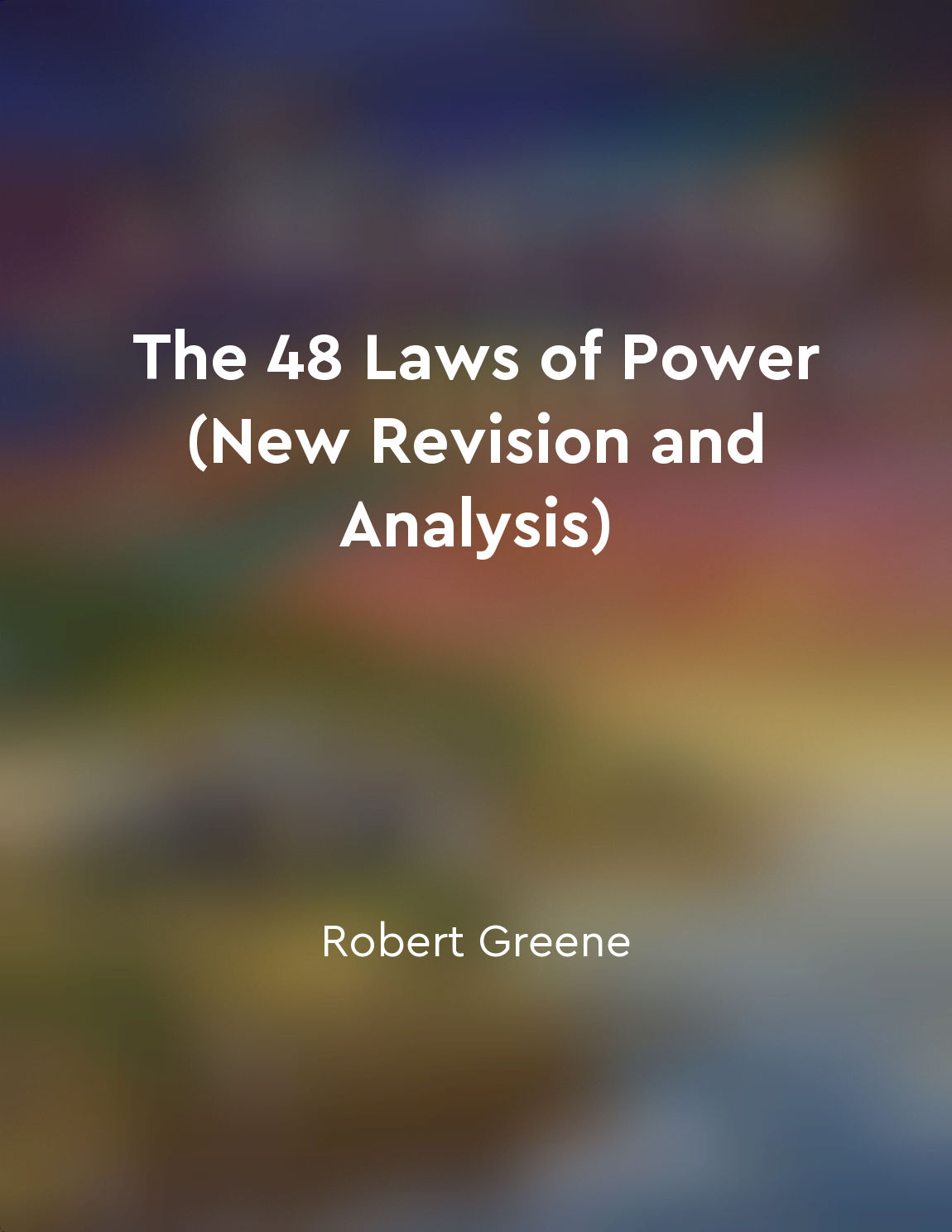He posits that social phenomena are the result of individual actions from "summary" of The Poverty of Historicism by Karl Popper
According to Popper, social phenomena are not predetermined or inevitable. They do not arise from some overarching, deterministic force. Rather, they are the product of individual human actions. Every social event, every change in society, can be traced back to the choices and decisions made by individuals. Popper argues that the idea of historical inevitability is flawed. History is not a linear progression towards a pre-determined end. Instead, it is a complex web of interactions and decisions made by countless individuals. These decisions, made in the context of their time and place, shape the course of history. In understanding social phenomena, we must not lose sight of the role of individual agency. Each person, through their actions and choices, contributes to the larger tapestry of society. It is the cumulative effect of these individual actions that gives rise to social trends, movements, and changes. By focusing on the actions of individuals, we can better understand the causes of social phenomena. Rather than attributing events to abstract forces or historical inevitabilities, we can trace them back to the concrete actions of real people. This perspective allows for a more nuanced and contextual understanding of society and history. In rejecting the idea of historical determinism, Popper highlights the importance of individual responsibility. Each person plays a role in shaping the world around them. By recognizing the impact of individual actions on social phenomena, we can better appreciate the complexity and unpredictability of human society.Similar Posts

Resilience and adaptability are important in times of crisis
In times of crisis, my dear daughter, it is crucial to possess the ability to bounce back from adversity and to adjust to chang...

Adapt to circumstances
Adapting to circumstances is a key element in the game of power. Those who can adjust their strategies and behaviors according ...
History is a process of selection and interpretation
The study of history is not merely a record of past events; it is a process of selecting and interpreting those events. Histori...
History is not just about memorizing dates and facts
The study of history is not simply a matter of committing to memory a mass of dates and facts. History is a dynamic and evolvin...
Philosophical ideas shape societal structures
The way we structure our societies is not merely a product of happenstance or random chance. Instead, it is deeply influenced b...
